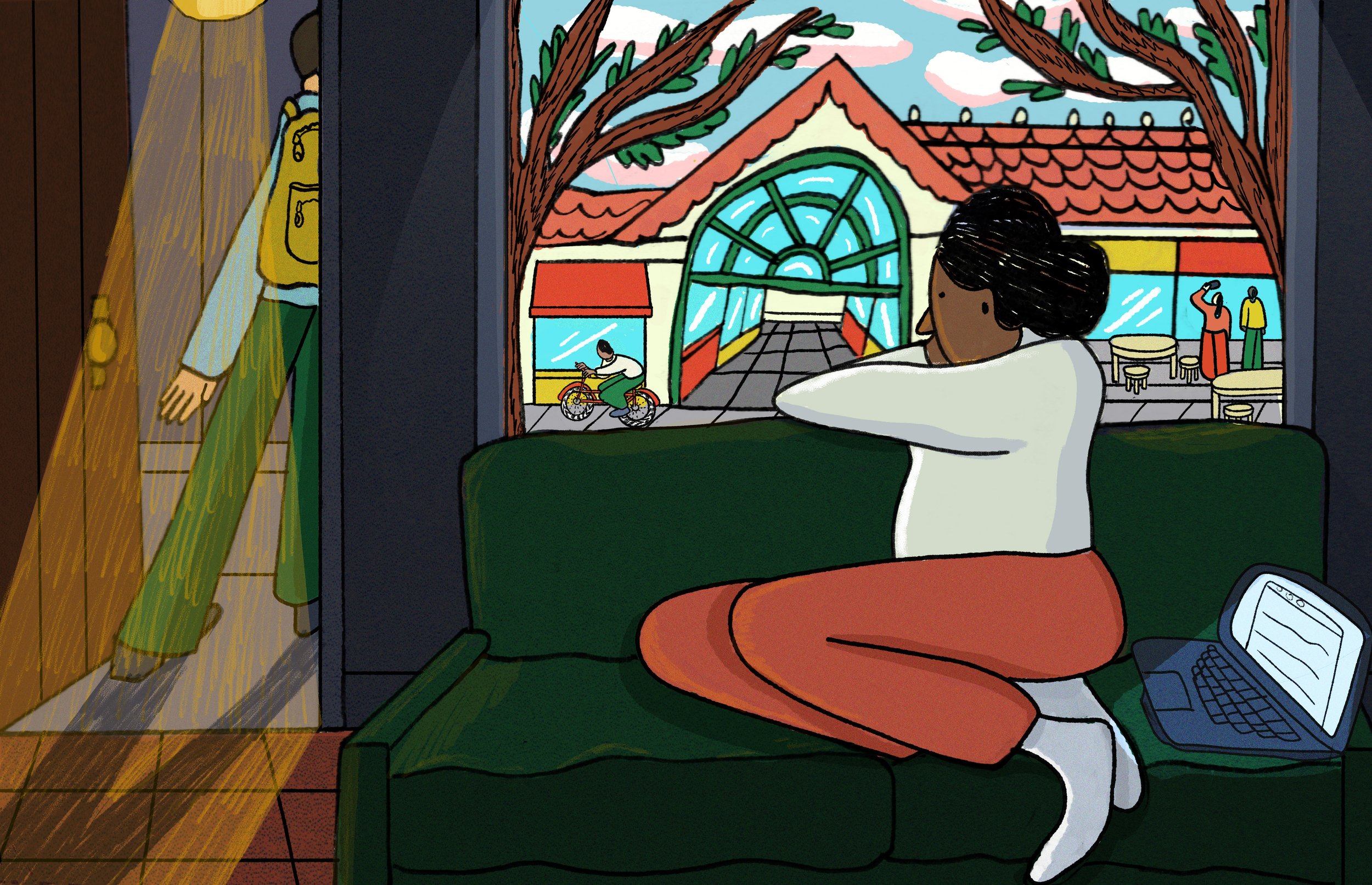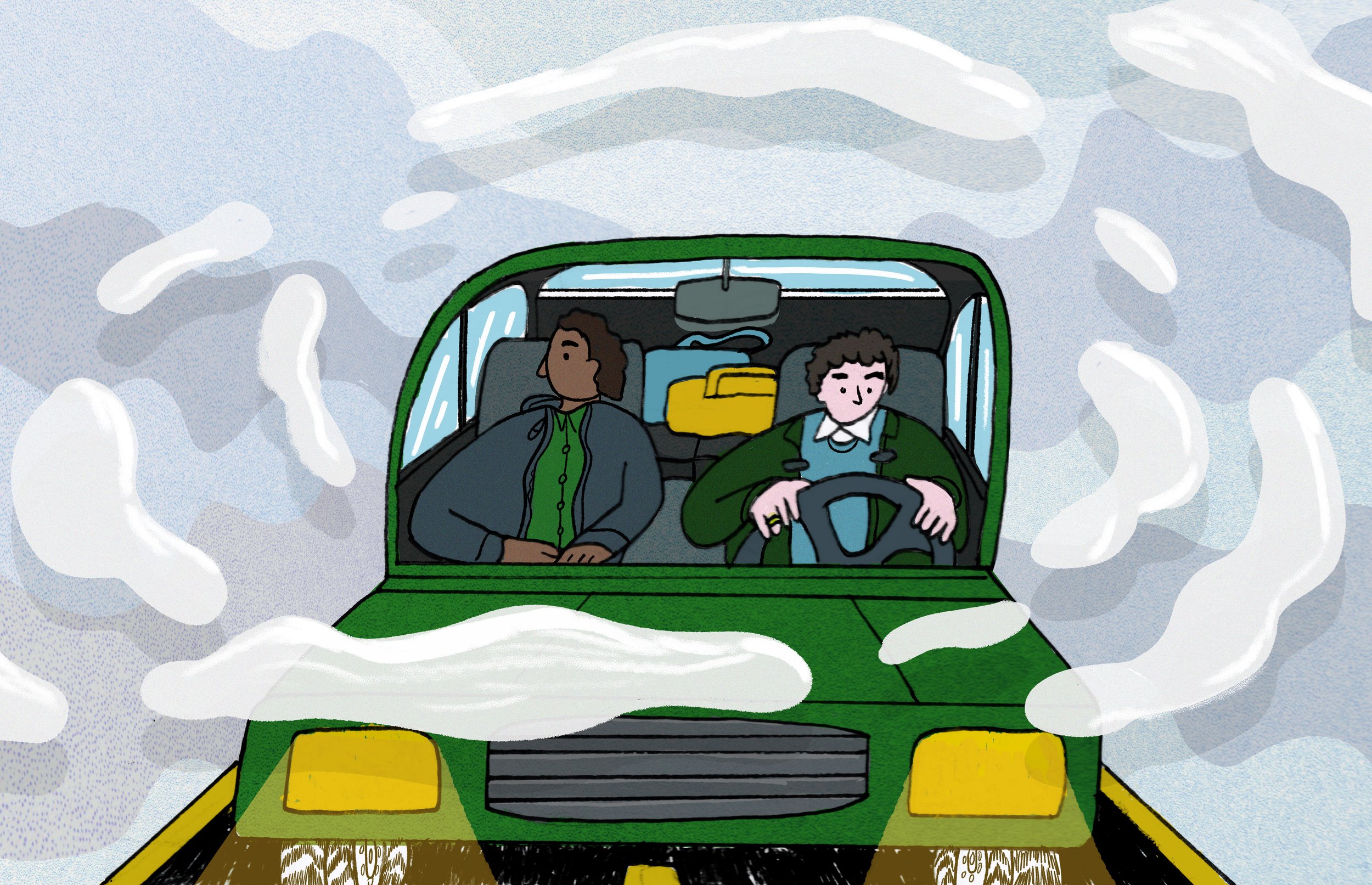11 p.m. on Chichagof Island

11 p.m. on Chichagof Island is when the bears begin to move. In the blur between dusk and darkness that passes for a Southeast Alaska night, we sit next to our tents and watch. The bears emerge like ghosts from the deep forest and head through the estuary to the place where dying salmon struggle upstream. A constant mist sinks onto our faces, onto the restless ocean, and onto everything else we can see.
The tide is falling, drawing back over the belly of the island, barnacles popping in the sudden air. Thick ropes of kelp lie scattered over the slippery black rocks of the beach. Eagles wheel around the bright ribbon of stream across the slough that separates us from the bears, their high-pitched cries streaking the night with sound. The smell of rotting fish fills our nostrils and settles like an impermeable coating on our clothes.
The bears do not mind us so we try not to mind them. But there’s no such thing as not minding a bear.
We carry our guns with reverence, with faith, but hope not to use them. We juggle the heavy shells in our raincoat pockets, one, two, three at a time to slide into the chamber. Three chances to stop a bear. But tonight, the bears are not interested in us or the fragile skin of our tents. They seem to know that we will be gone soon in our fiberglass kayaks, on to the next bay. We are as inconsequential as the unseen moon. Instead, the bears fish, tossing the left-over carcasses on the stream banks. The night is full of the moving shapes of bears. The eagles take what is left.
We wonder out loud if the bears know what the stars are; meanwhile, the clouds dip so low they almost touch the tall grass. The moon, the sun, always hidden by rain. We don’t know what it is like to be dry; our feet squelch in cold rubber boots, wet hair slaps on our necks. Across from us, Herbert Graves Island is only a forested outline. The white rocks where the sea lions sleep are shrouded in eternal fog. Somewhere out there, fifty miles away: town, but we have forgotten what town is like.
Here in the dark trees, the rain persists like a whisper. The breath of the ocean, the footsteps of bears: the world narrows to this one place.
About the Author
Mary Emerick is the author of three books: The Geography of Water; Fire in the Heart: a memoir of friendship, loss, and wildfire; and The Last Layer of the Ocean: kayaking through love and loss on Alaska’s wild coast. Her nature-based writing has appeared in several anthologies and journals. She lives in the mountains of Northeast Oregon.
Illustration by Sarah Muren.












